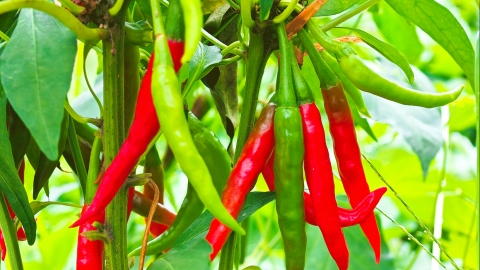What foods should patients with asthma avoid?
Generally, asthma patients should avoid eating seafood, spicy and irritating foods, allergenic fruits, gas-producing foods, and overly sweet foods, as these may trigger or worsen asthma symptoms. Detailed explanations are as follows:

1. Seafood: Such as shrimp, crab, and shellfish, which are mostly foreign proteins and prone to cause allergic reactions in the body. Allergic reactions can stimulate respiratory mucosa, leading to bronchospasm and triggering asthma attacks, causing symptoms such as coughing and wheezing.
2. Spicy and irritating foods: Such as chili peppers, Sichuan peppercorns, excessive ginger, and garlic, which are strongly flavored and irritating. These foods can irritate the respiratory tract, causing congestion and edema of the respiratory mucosa, increasing airway resistance, and worsening breathing difficulties in asthma patients.
3. Allergenic fruits: Such as mangoes, peaches, and pineapples. Some asthma patients are sensitive to specific components in these fruits. Consumption may trigger allergic reactions, affect the respiratory tract, lead to asthma attacks, and be detrimental to disease control.
4. Gas-producing foods: For example, sweet potatoes, onions, and excessive legumes, which produce large amounts of gas during digestion. Gas accumulation in the gastrointestinal tract may compress the chest cavity, impair respiratory function, and exacerbate breathing difficulties in asthma patients.
5. Overly sweet foods: Such as candies, chocolates, and high-sugar beverages, which are high in sugar content. Excessive sugar intake increases the viscosity of sputum, making it difficult to cough out, blocking the airways, and increasing the respiratory burden on asthma patients.
In daily life, in addition to managing asthma through dietary adjustments, patients can also engage in moderate, gentle physical exercises such as walking and Tai Chi to enhance cardiopulmonary function and physical immunity. At the same time, maintaining good indoor air circulation, avoiding exposure to dust, pollen, and other allergens, and developing good作息 habits can also help reduce the frequency of asthma attacks.






